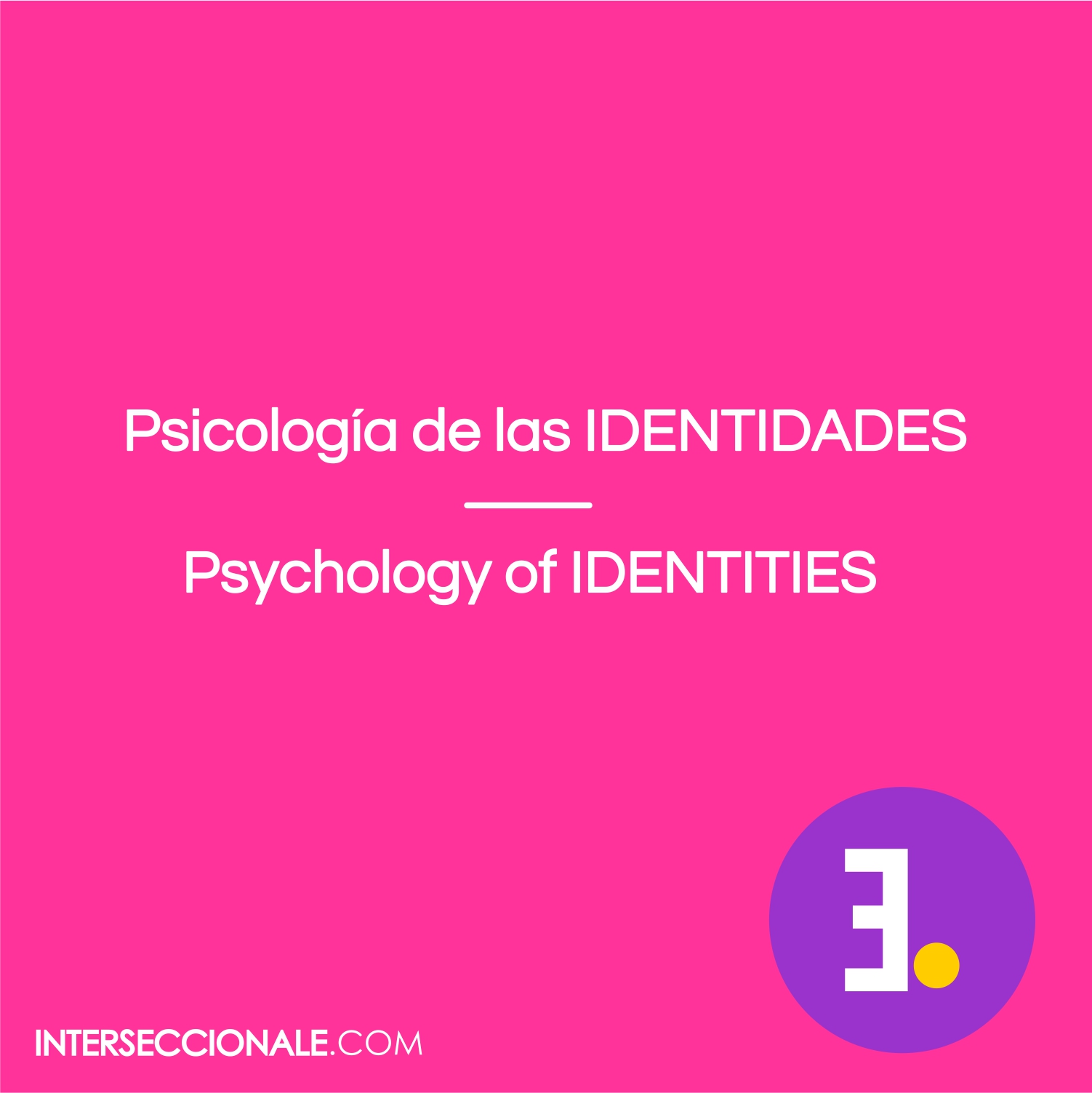Let’s delve into how the psychology of identities unravels the layers of who we are and how we interact with the world around us.
Identities as layers: Our identity is composed of layers that go beyond the obvious. From gender to orientation, ethnicity, and more, these layers intertwine, shaping how we see ourselves and how we perceive others.
Intersectuality and context: The intersecting perspective allows us to understand how these identities interact, influencing our worldview and how we experience life. The context in which we find ourselves adds nuances to this interaction, creating a diverse range of individual experiences.
Formation and change: Identity is not static; it evolves throughout life. It is forged through culture, experiences, and relationships. Understanding how these identities are formed and change is essential to appreciate the depth and diversity of the human experience.
Impact on mental health: Our identities can influence our mental health. The process of self-affirmation and acceptance, along with confronting prejudices and stereotypes, plays a crucial role in our psychological well-being.
Towards empathy: Exploring the psychology of identities not only reveals our own complexities but also fosters empathy towards the experiences of others. By appreciating the diversity of perspectives, we build bridges for more harmonious coexistence.

#Interseccionale #Intersectionality #PsychologyOfIdentities #UnderstandingDiversity #HumanIdentity #IntersectionOfIdentities #SelfAwareness #UniquePerspectives #InclusiveMentalHealth #GlobalEmpathy #InterpersonalConnection #RespectForDiversity #IndividualComplexity #MosaicOfIdentities #IntersectionalPerspective #AuthenticAcceptance #UnderstandingToConnect